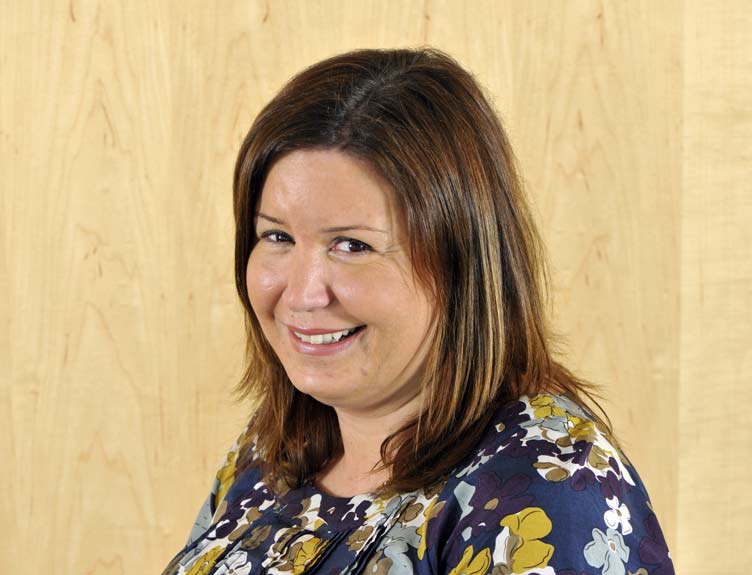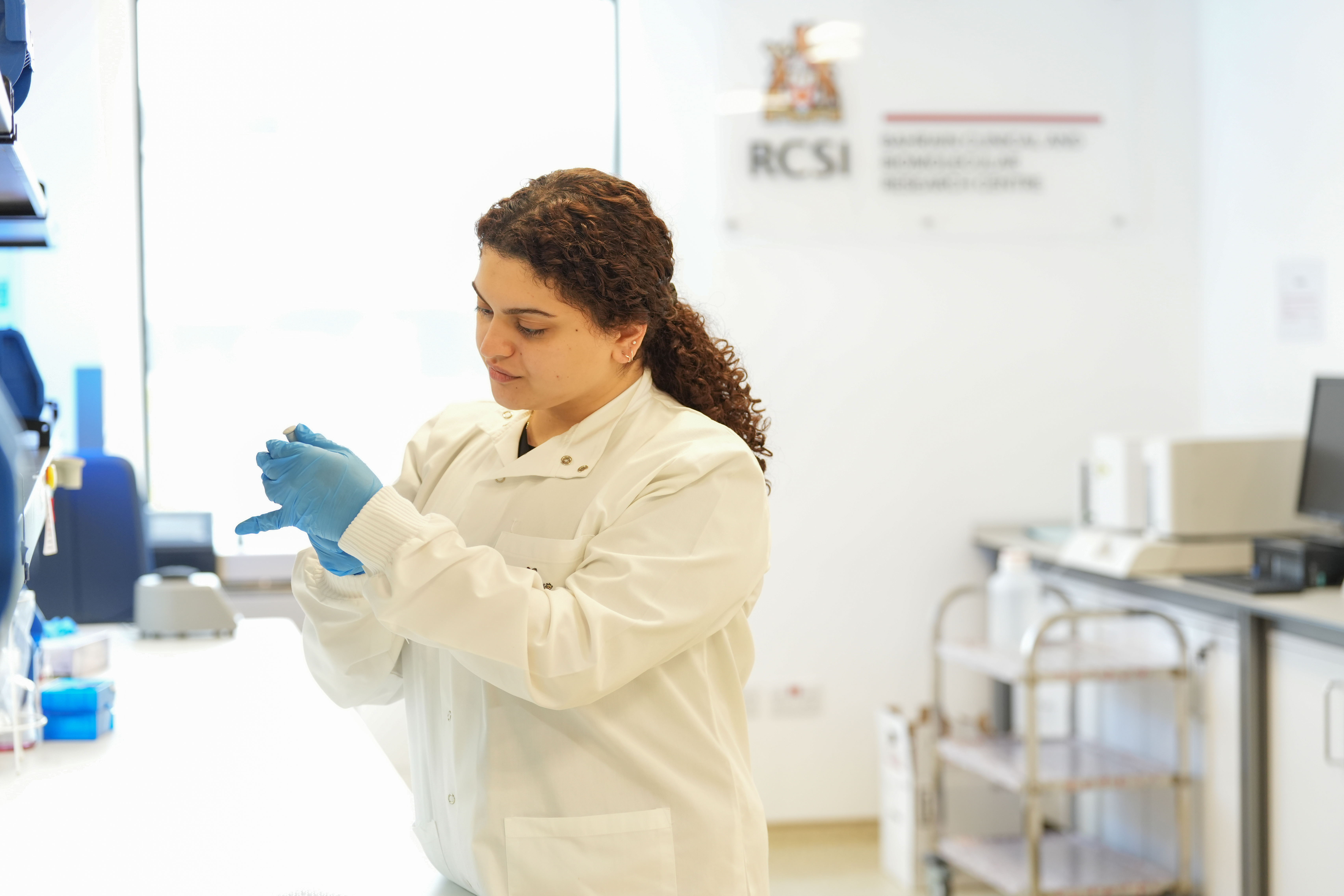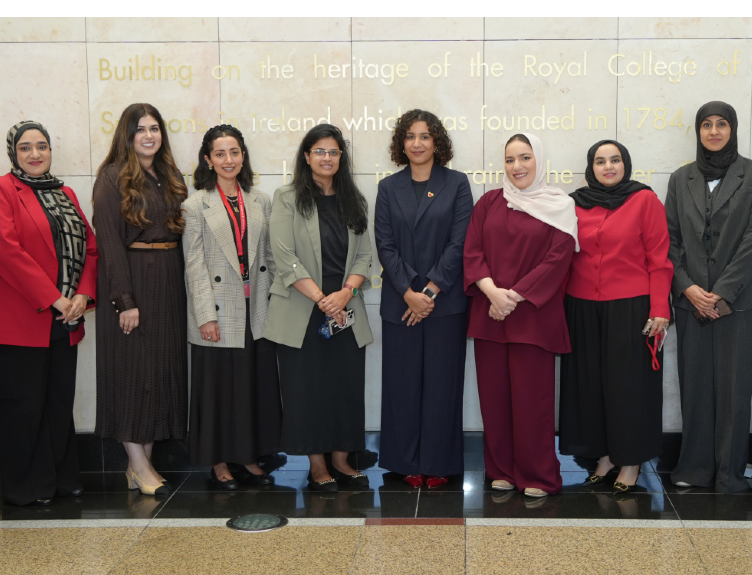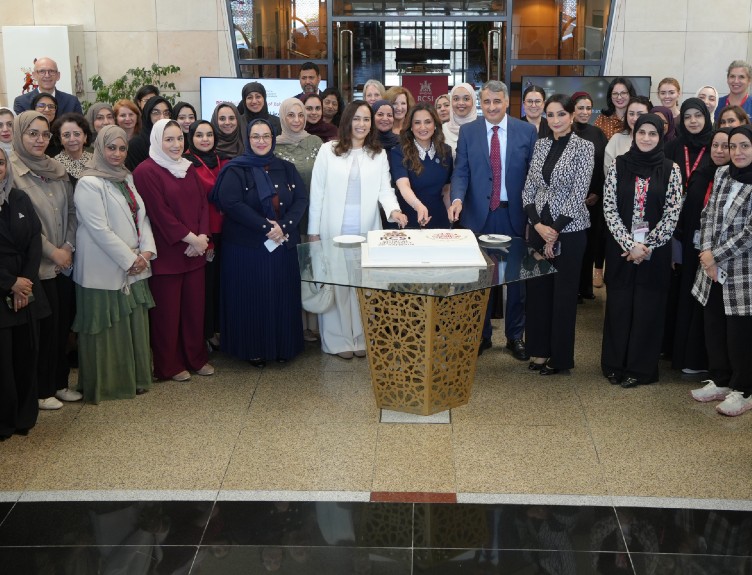RCSI Bahrain conducts first study on defibrillators in Gulf region

Orla Merrigan, lecturer in Nursing at RCSI Bahrain, has carried out the first research project of its kind in the Gulf region on the use of automated external defibrillators (AEDs). The study has found that there is a significant lack of awareness in Bahrain about this life saving equipment for victims of cardiac arrest.
Only 22% of the locations surveyed had an AED machine despite 68% of those surveyed having had an incident of a person collapsing and 32% reported an incident of sudden death. Although the cost was never a factor for those questioned, it seemed that there was a lack of awareness within these communities, of the life saving benefits of AEDs.
With a background in critical care, Orla's interest is focused on the causes of death in the pre-hospital setting.
"If a cardiac arrest patient does not receive attention within four to six minutes, the chance of survival is less than five percent. If you received CPR and defibrillation early on, your chance of survival increases to 90%," Orla commented.
Portable automated external defibrillators (AED) are used outside the hospital setting for the identification of possible causes of sudden collapse. If appropriate, it delivers an electric shock to give the heart a chance to re establish its own rhythm.
This study is of potential interest not only in Bahrain, but in other Gulf countries with an increasing number of adults and children diagnosed with cardiac conditions in the region. Orla’s research has the potential to provide a framework for other countries to replicate for the strategic placement of AEDs in public areas.
The second part of Orla's study, which will give a unique insight into 'Cultural Barriers to AEDs being used in the Middle East' will be presented at the American Heart Association conference in Florida in November and will be published in American Medical Association (AMA) Journal.



